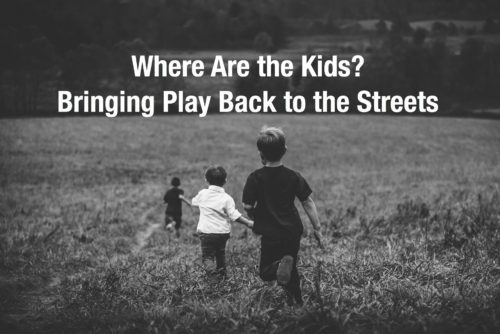Much has been written about the Brock Turner case involving the now infamous rapist-who-was-also-an-athlete, who was sentenced to a meager 6 months in jail for the crime. Many articles on this topic focus on the need for children to experience the consequences of their actions. These arguments say that if children aren’t held accountable (i.e., punished) for their actions as young kids, they will grow up thinking that they can treat other people and property however they want with impunity. As one article put it, forcing your child to pay for a library book that he drew all over in purple crayon today is better than going to jail for an adult-sized infraction in fifteen years. Teach them now that their actions have consequences.
The logic is well-intentioned and plausible. We’ve all witnessed kids who seem to walk around doing whatever they want, hurting others physically or emotionally without a second thought. Isn’t it our job as responsible parents to avoid raising children with this no-regard-for-others attitude?
Yes, it is. We all want to raise children who are considerate and lift others up rather than trample them down as they take on the world. The question is, how do we accomplish that?
We lead by example. Children treat others the way they have been treated and the way they see their parents and role models treat others.
If you want to raise an adult who is kind and compassionate, be kind and compassionate to others, including your child.
If you want to raise an adult who is sarcastic and flippant, speak sarcastically and flippantly to others, including your child.
If you want to raise an adult who is generous, give freely to others, including your child.
If you want to raise an adult who is critical of others, be critical of others, including your child.
If you want to raise an adult who is a doormat, spend a lot of time worrying about other people’s opinions without standing up for yourself or your child.
If you want to raise an adult who does the right thing, do the right thing.
Children are always watching and learning. They become what they see and experience every day.
But what about the real world? Shouldn’t kids learn that their actions have consequences? This is where the logic is flawed.
In the real world, when we make a mistake, our closest loved ones don’t impose “consequences” on us.
In the real world, our spouses don’t take away our cell phones if we get overwhelmed and are rude to someone.
In the real world, our friends don’t put us in time out by ignoring us for half an hour (one minute per year of age) if we blow it.
In the real world, the people who love us most don’t help us by hurting us. They don’t kick us when we are down.
In the real world, our partners and loved ones gently bring it to our attention when we are being unreasonable or foolish.
In the real world, the people who care about us help us pick up the pieces and feel better about ourselves again after we make a mistake.
What about the ruined library book? In an ideal world, library books and/or crayons should be used only under supervision or by kids old enough to handle these items without the risk of damage. When we bring home library books, we are taking on that responsibility.
Forcing a child to pay for a ruined library book will not prevent rape. Preventing rape involves teaching our children about consent and modeling how to treat people with respect. The Brock Turners of the world did indeed miss out on the type of parenting that would have prevented many of their crimes, but it wasn’t the lack of consequences.
It was the lack of empathy and compassion.
It was the basic level of compassion for others that was appallingly absent in the letter that Brock Turner’s father penned to the judge presiding over the case.
It was the basic level of compassion for others that was almost certainly absent during Brock Turner’s childhood.
We don’t want our kids do the right thing only for fear that if they get caught, they might have to pay. The natural result of this type of high-fear, low-empathy behavior control method is a person who goes to great lengths to hide his or her misdeeds and deflects all responsibility when caught. Sound familiar?




2 Comments
Thanks for a great article, I agree with you 100%
Thank you so much!